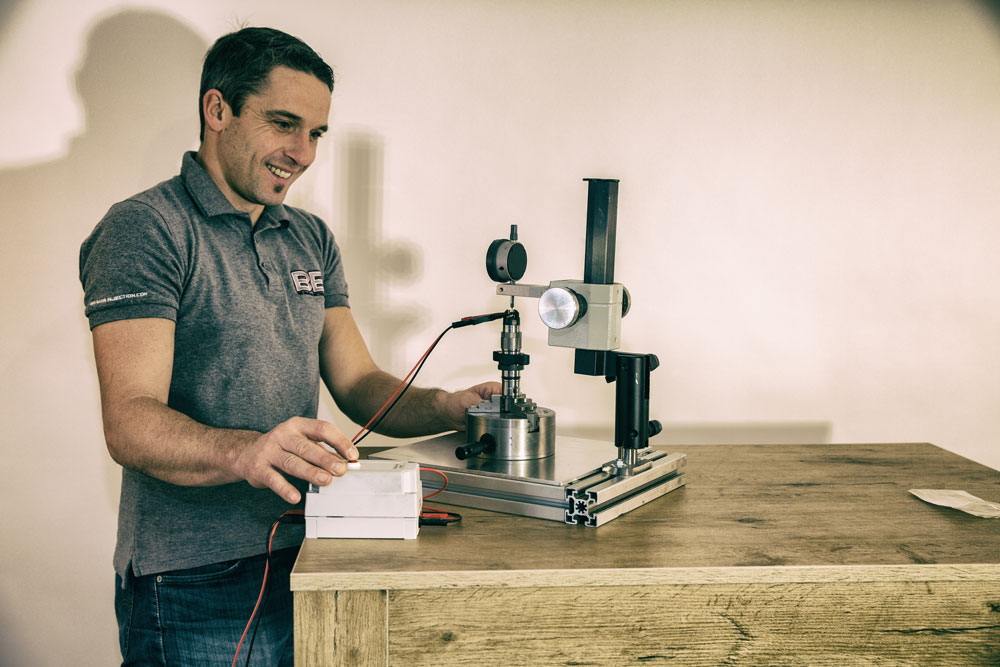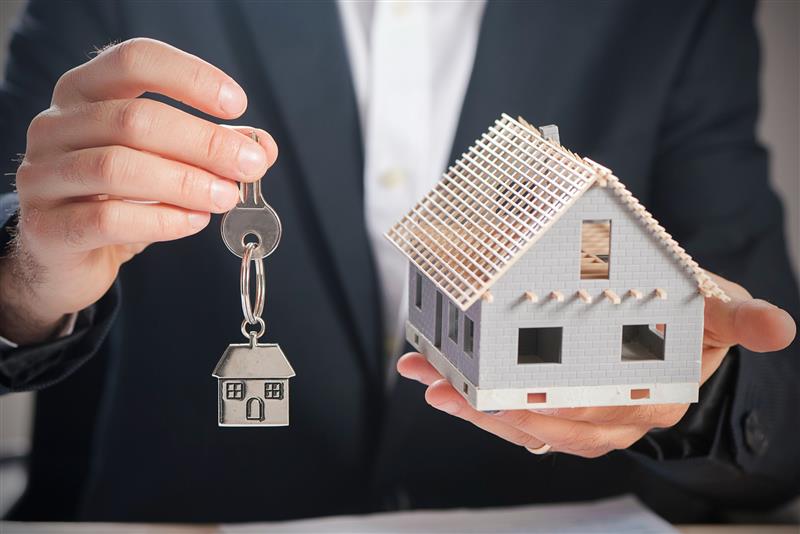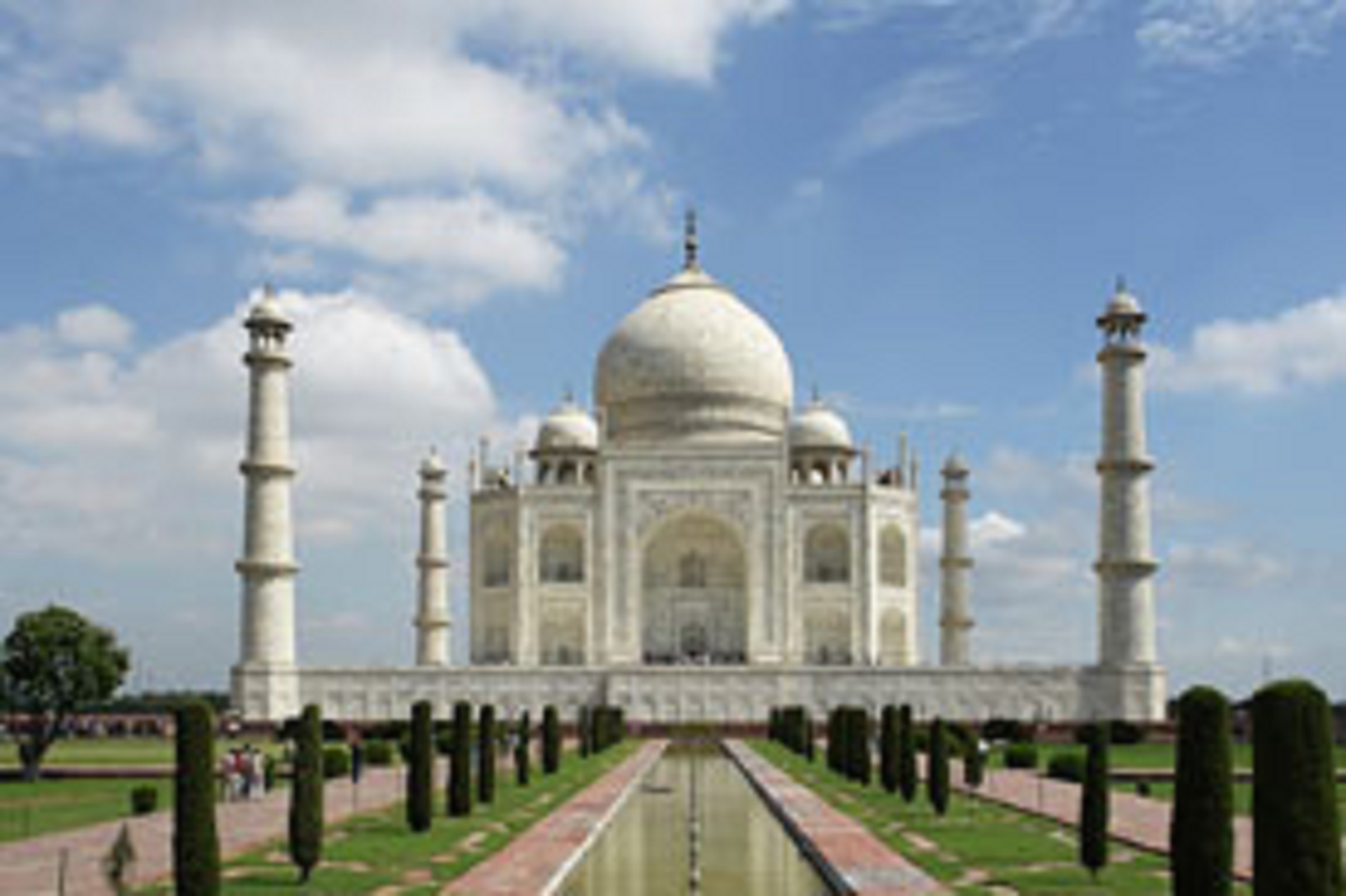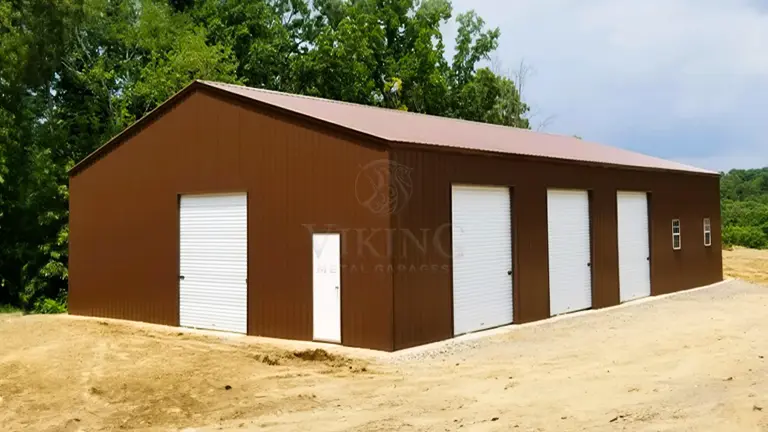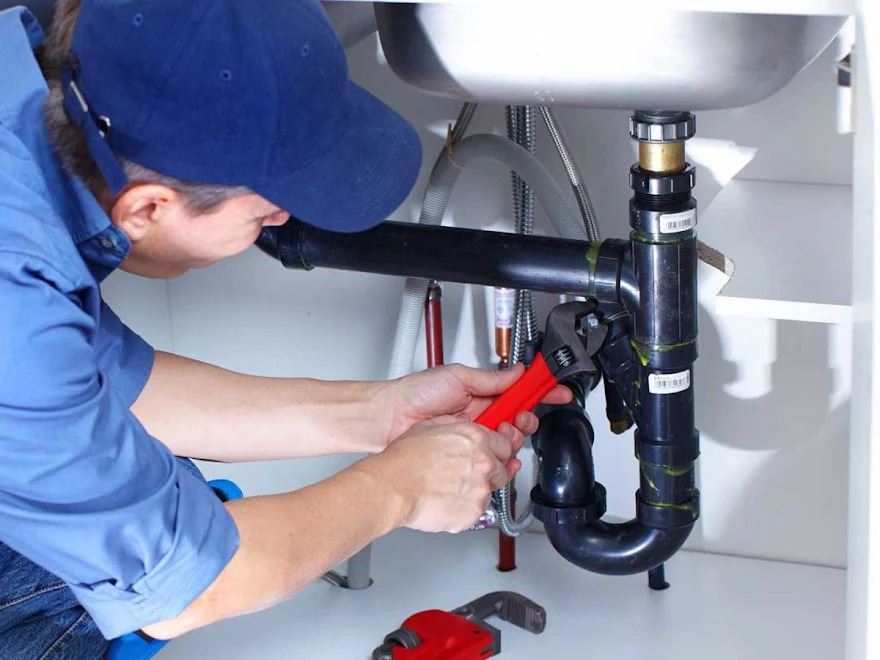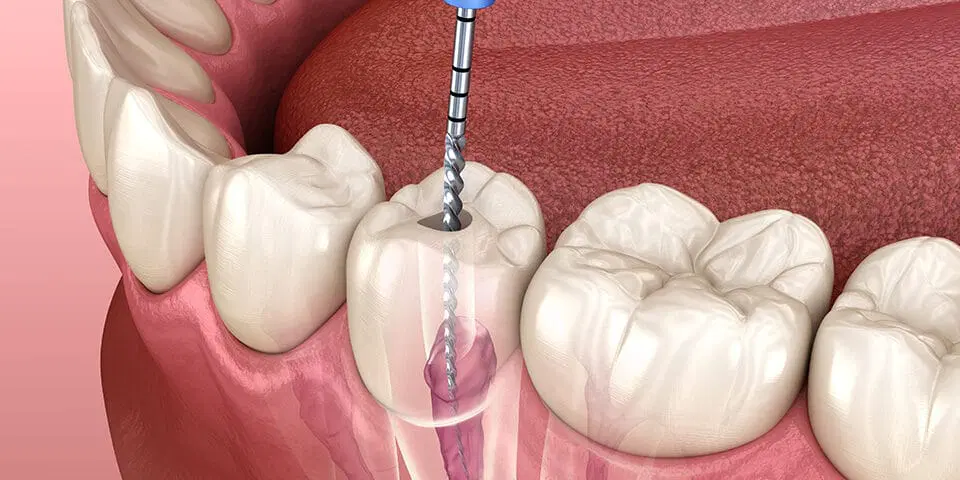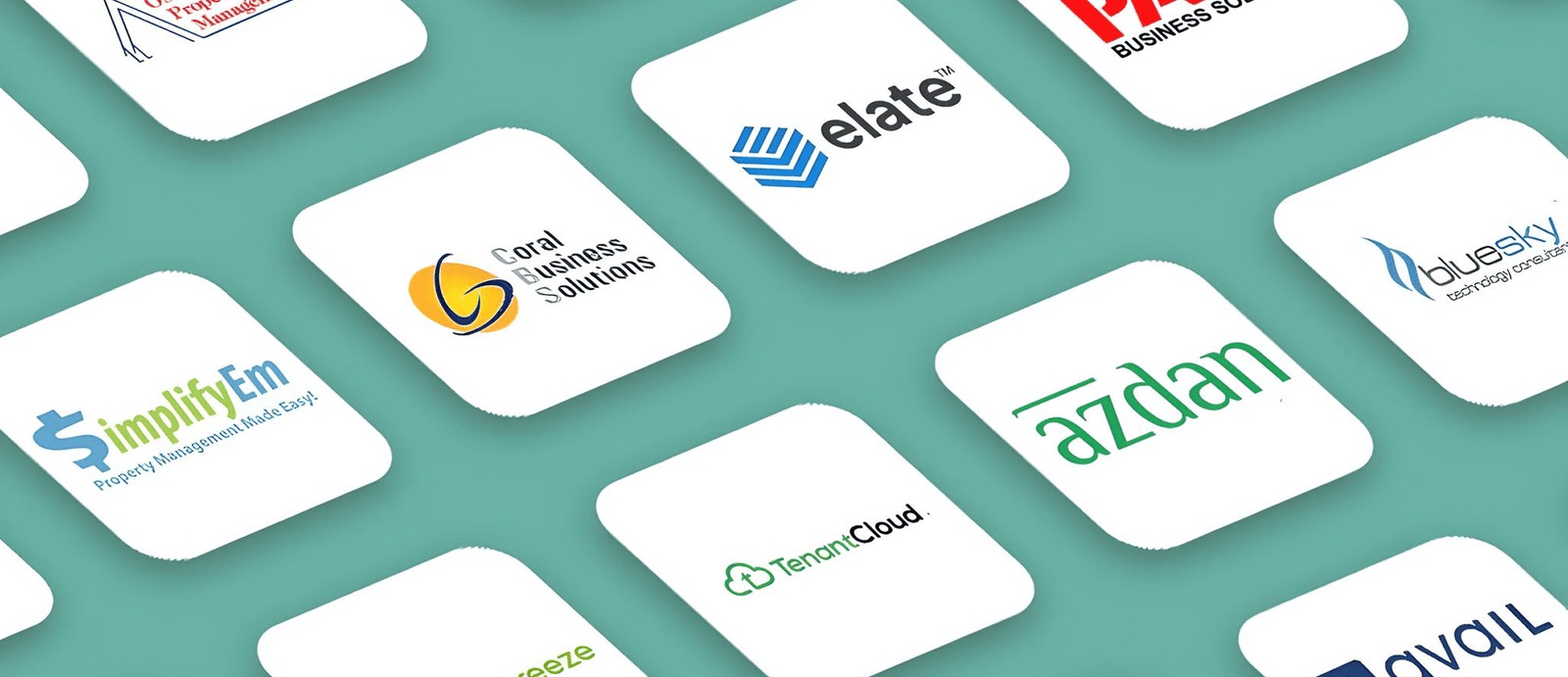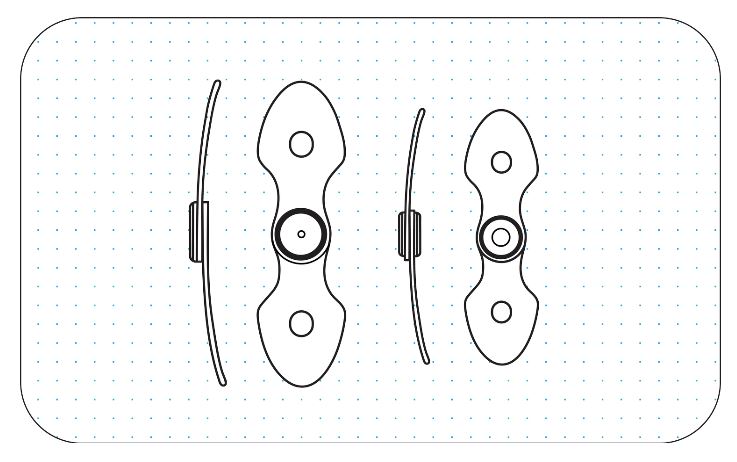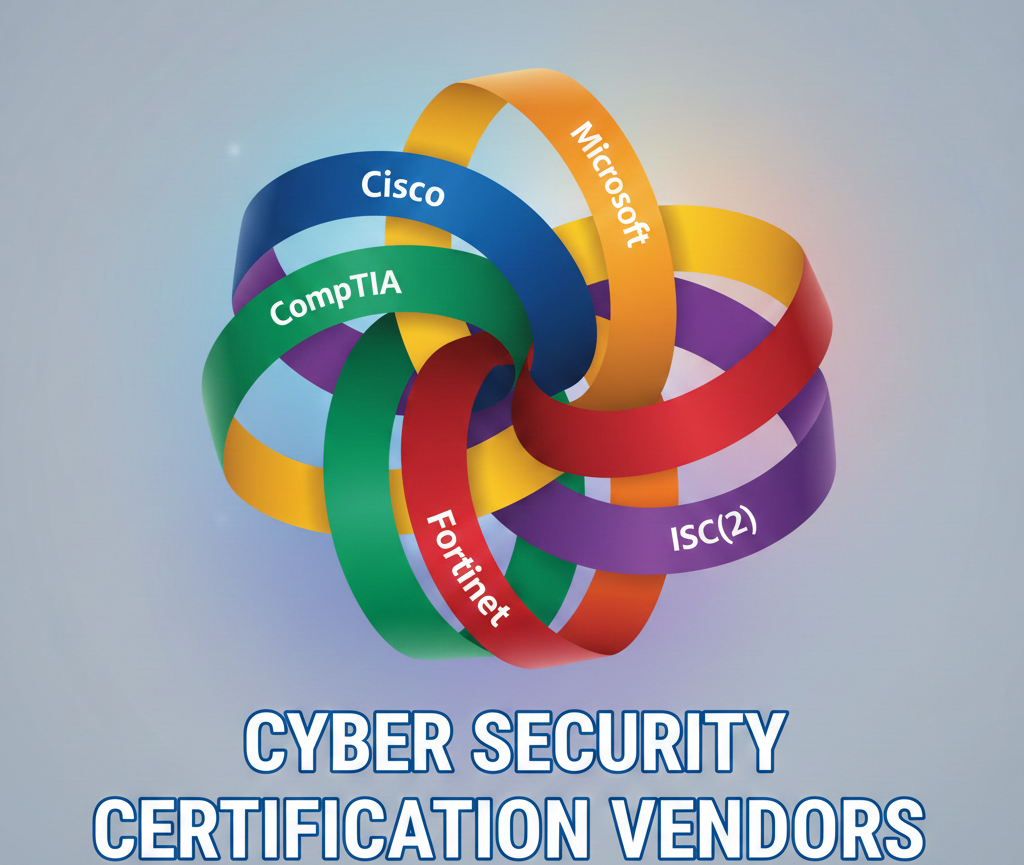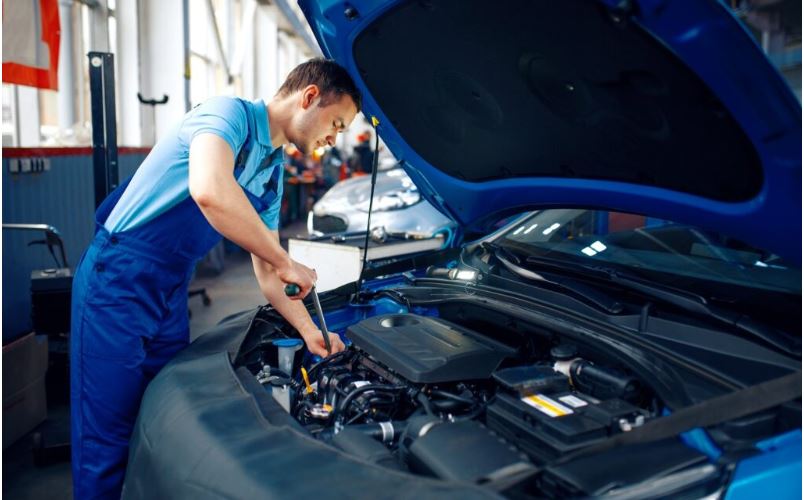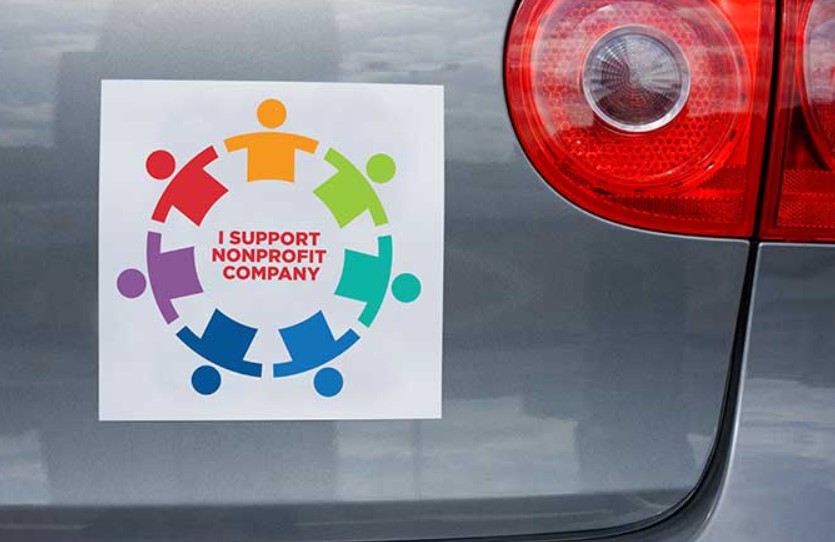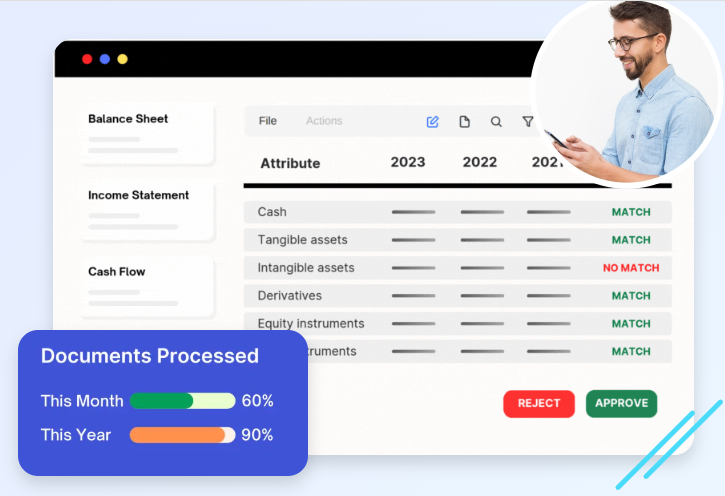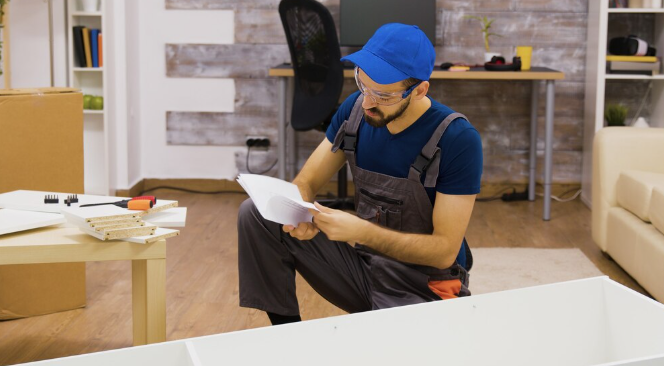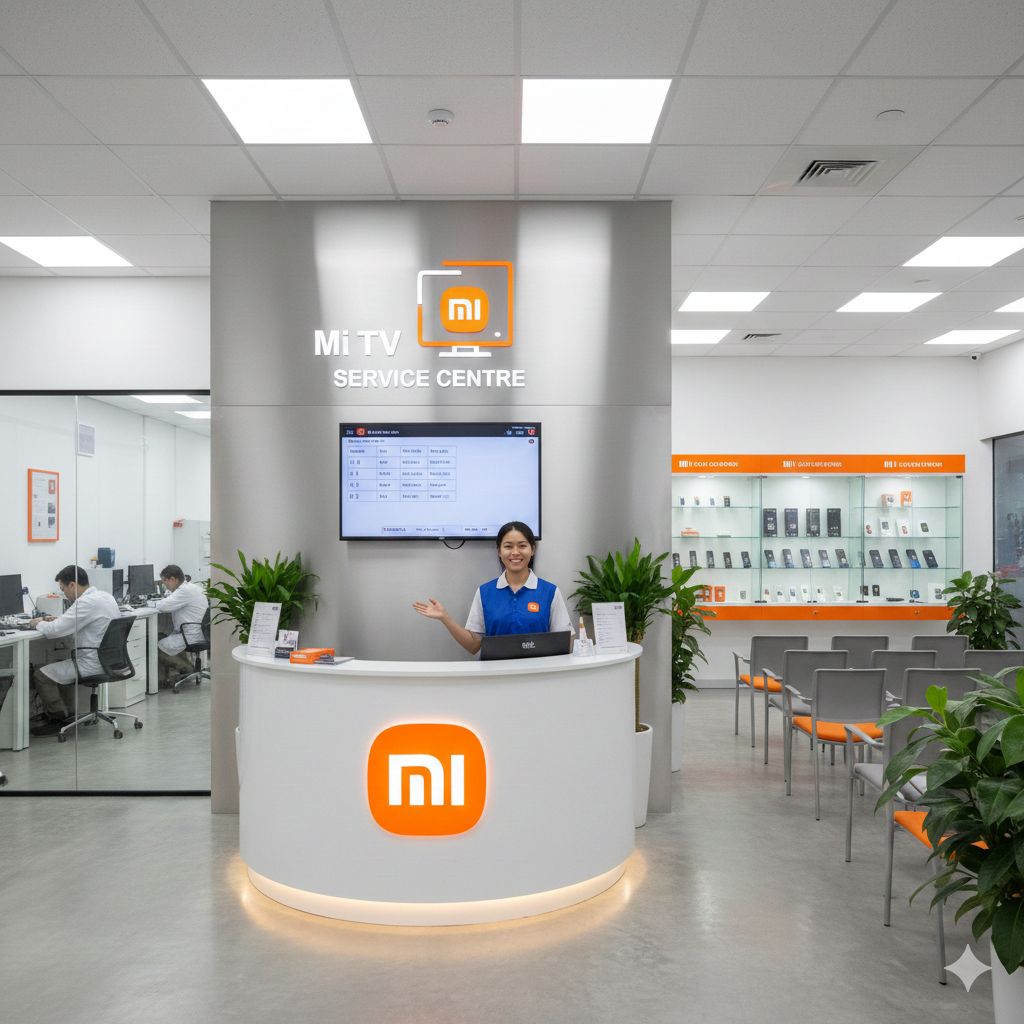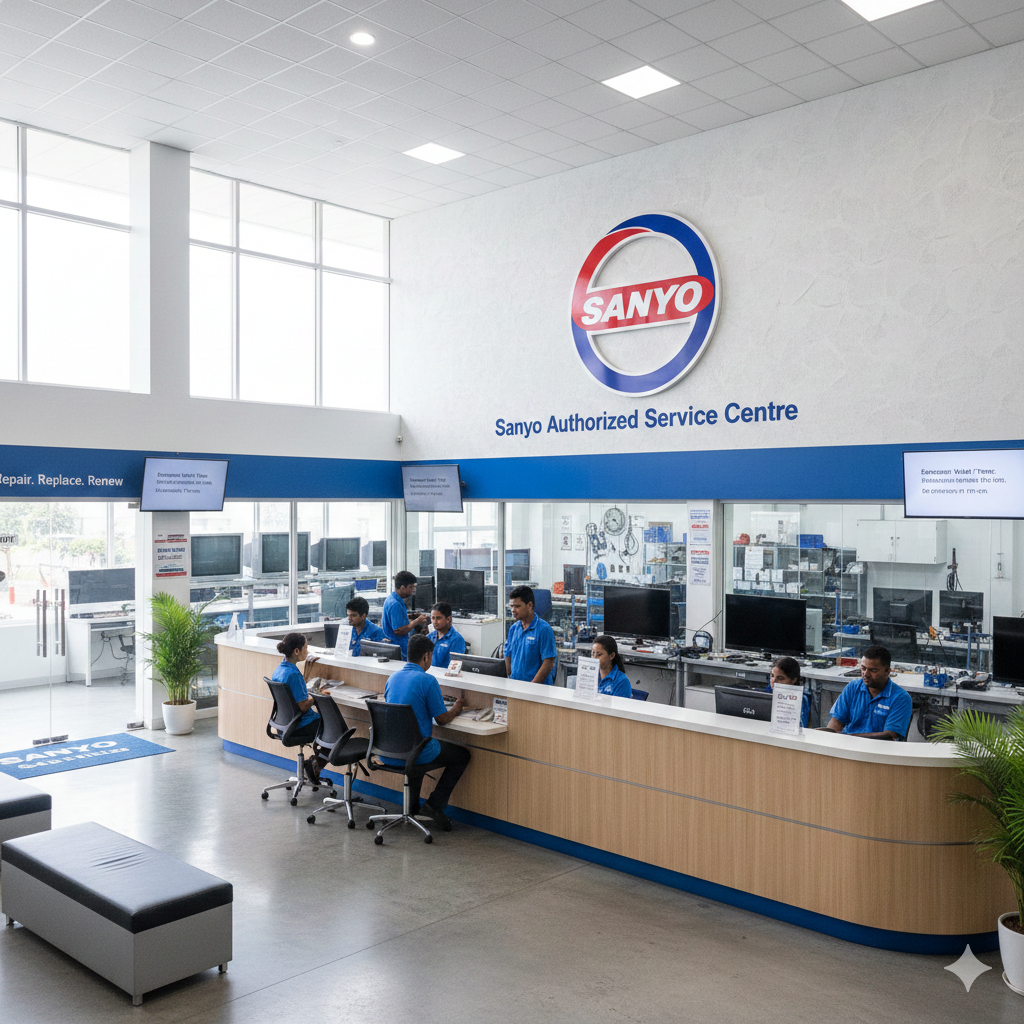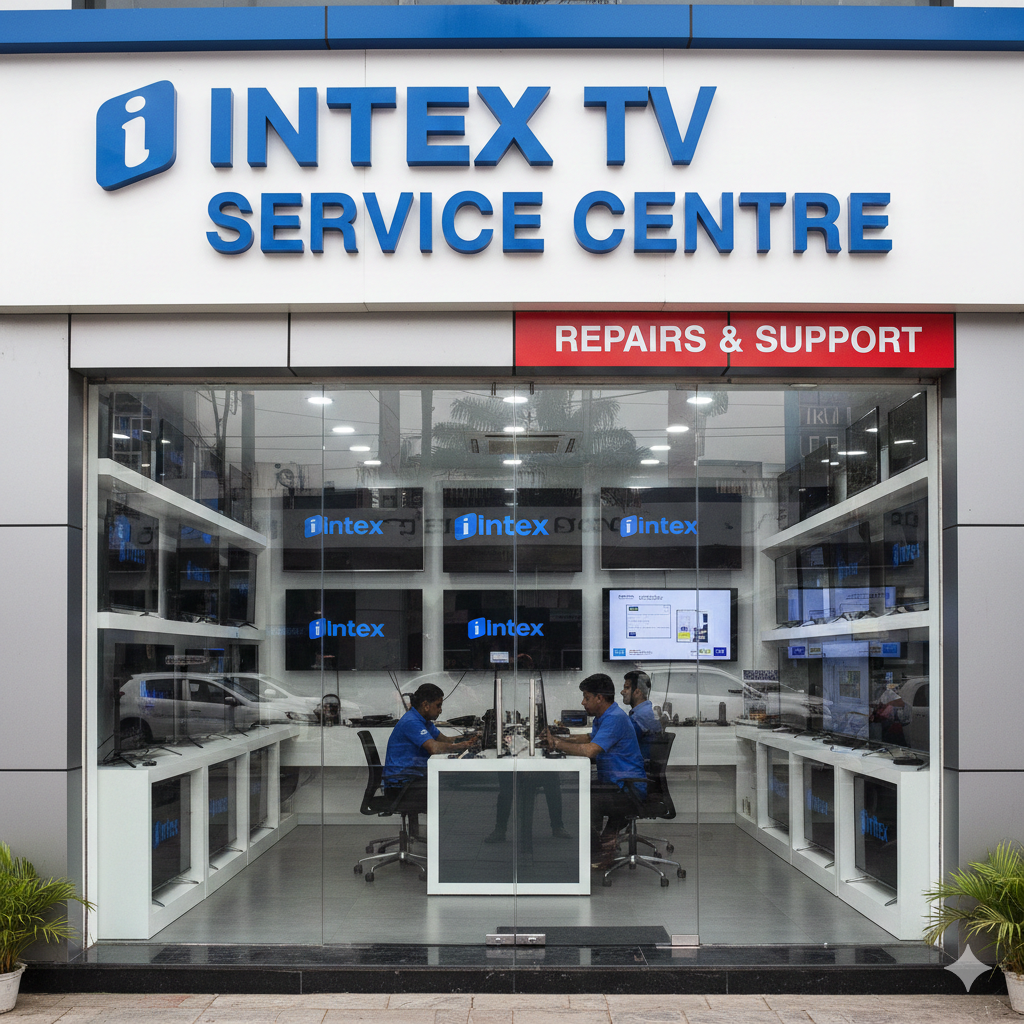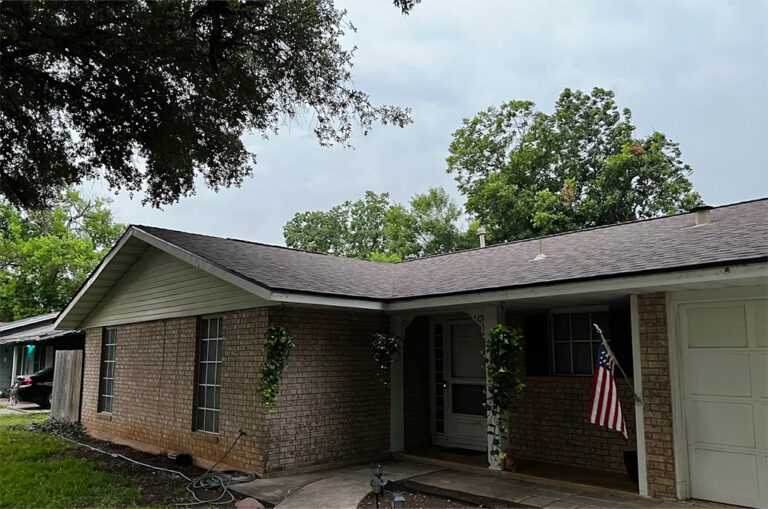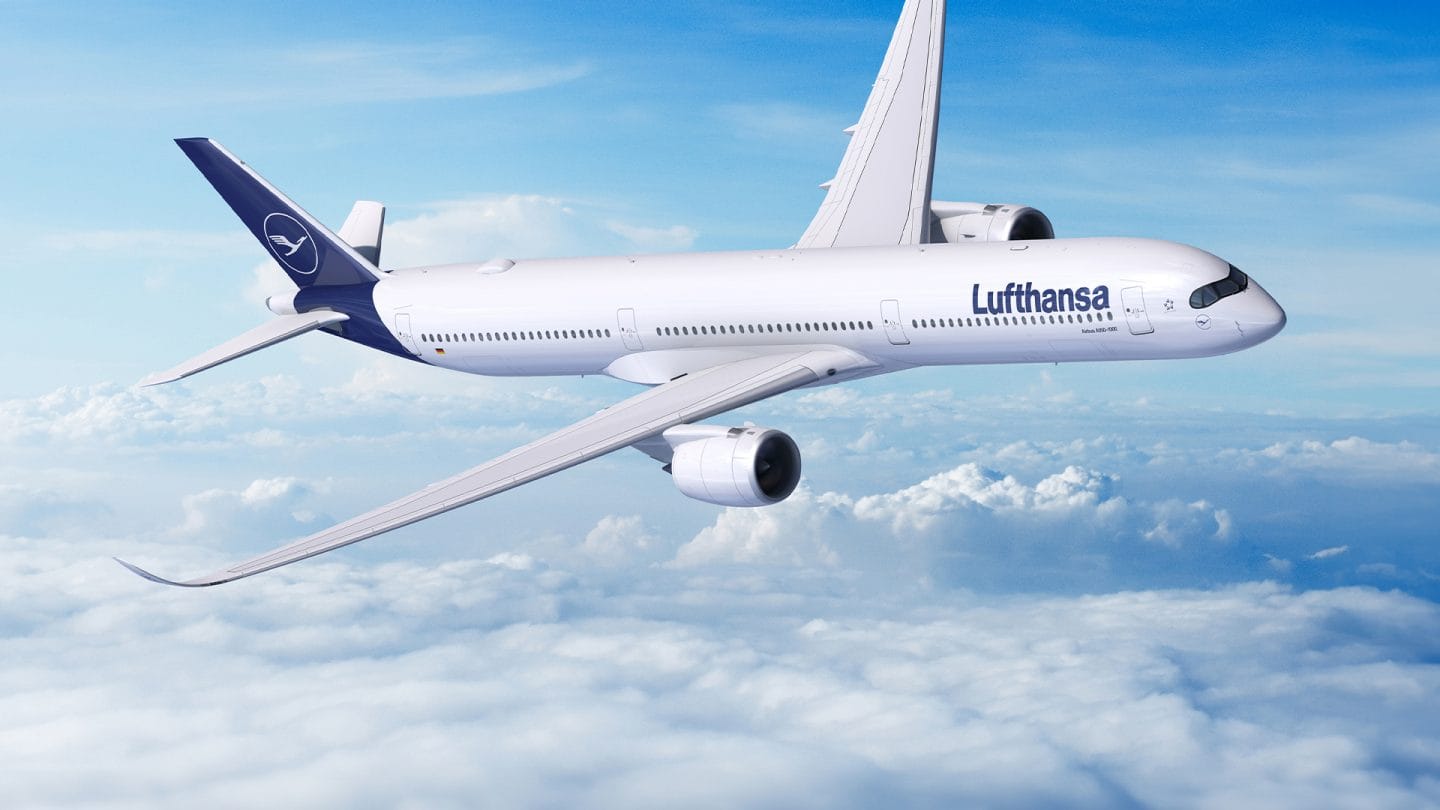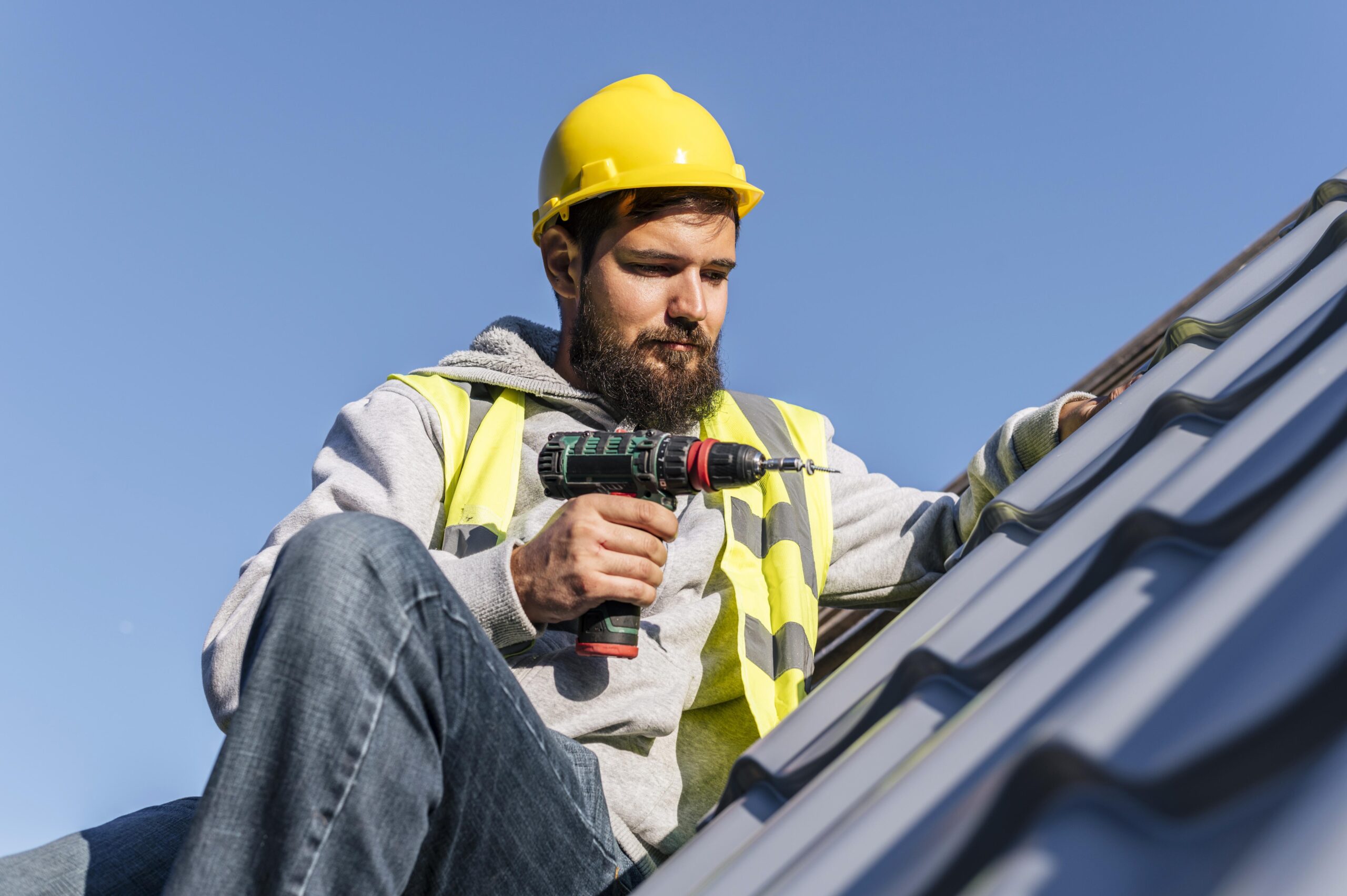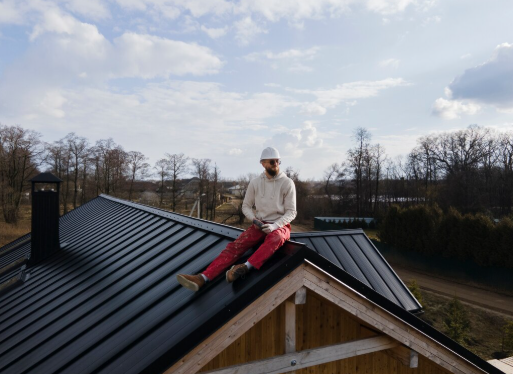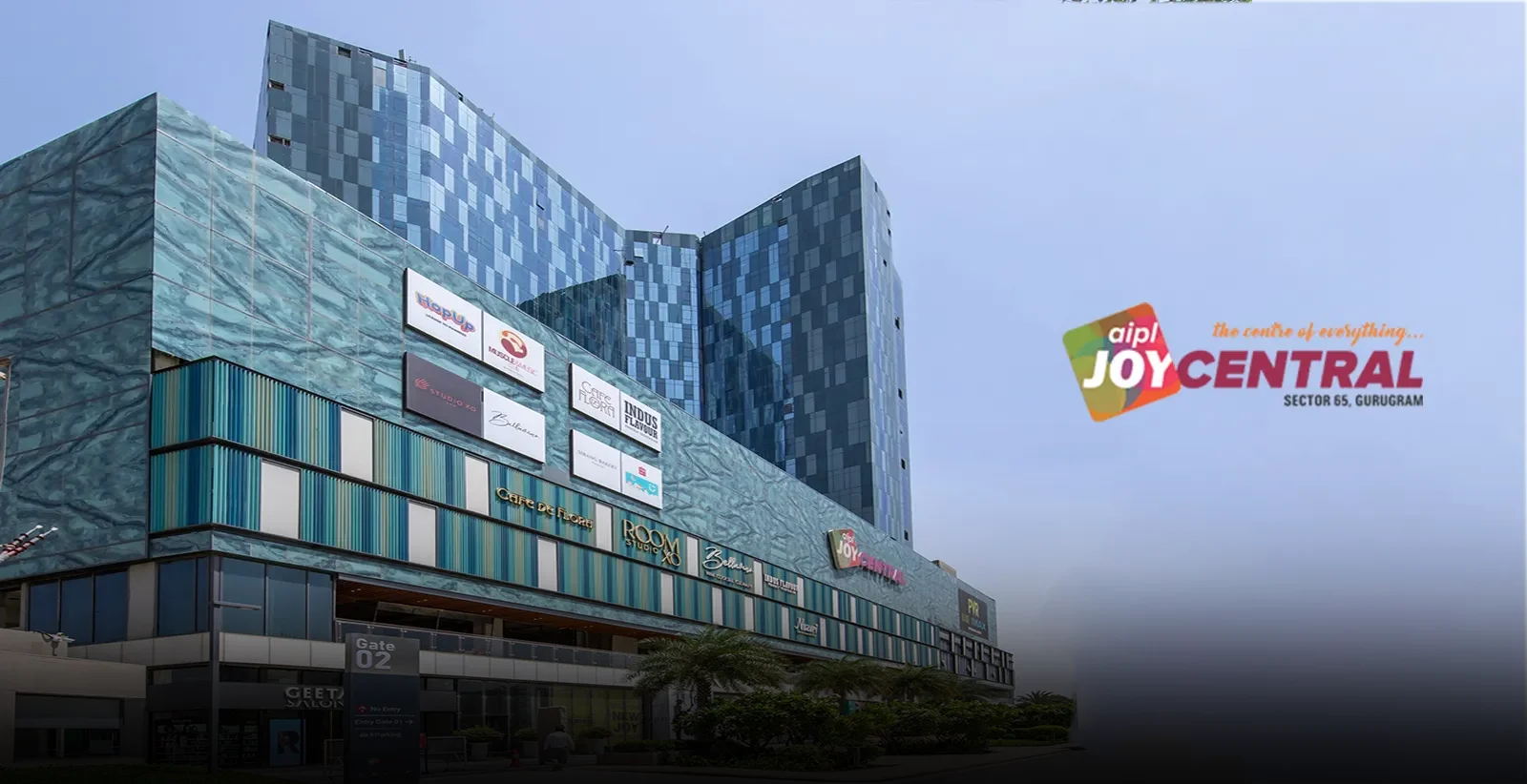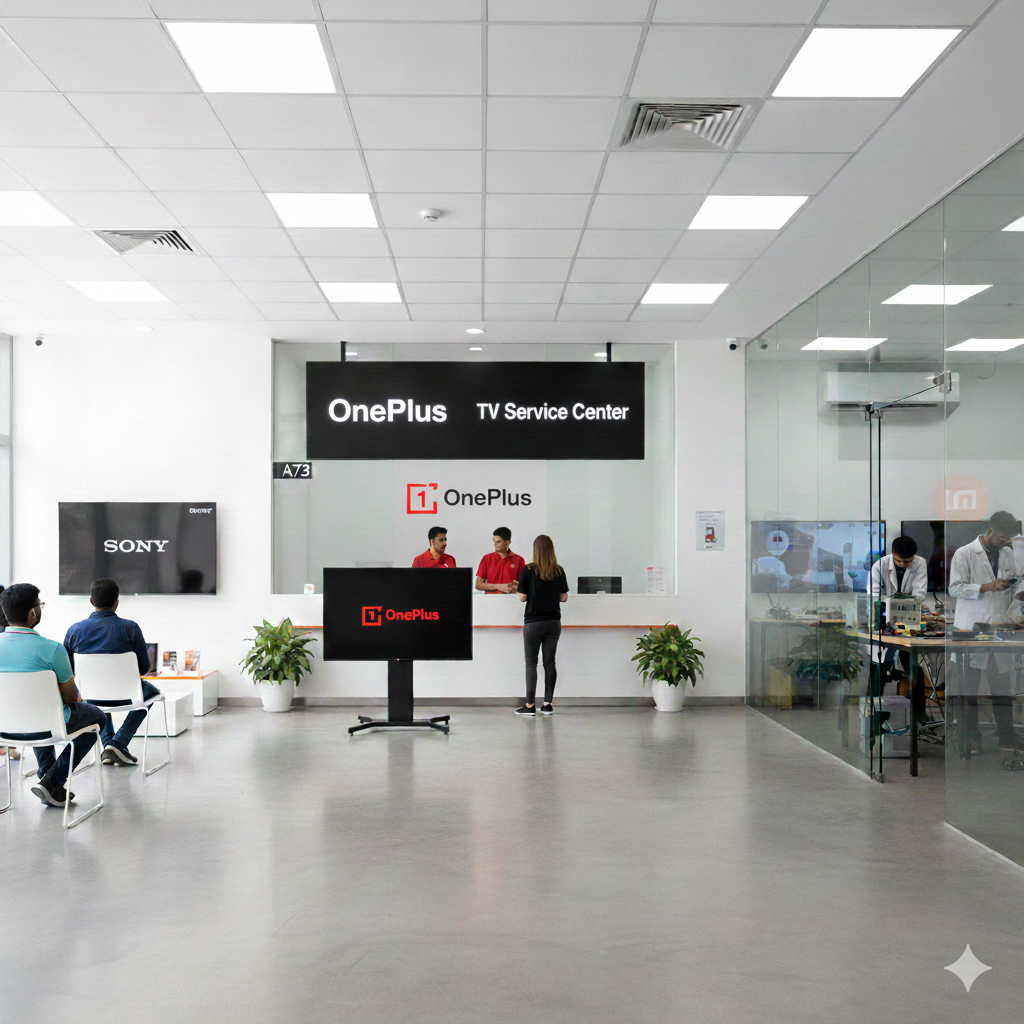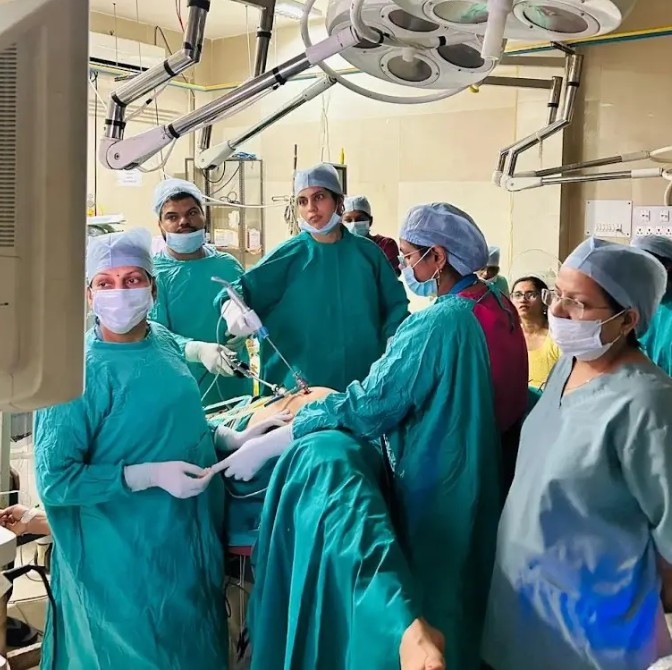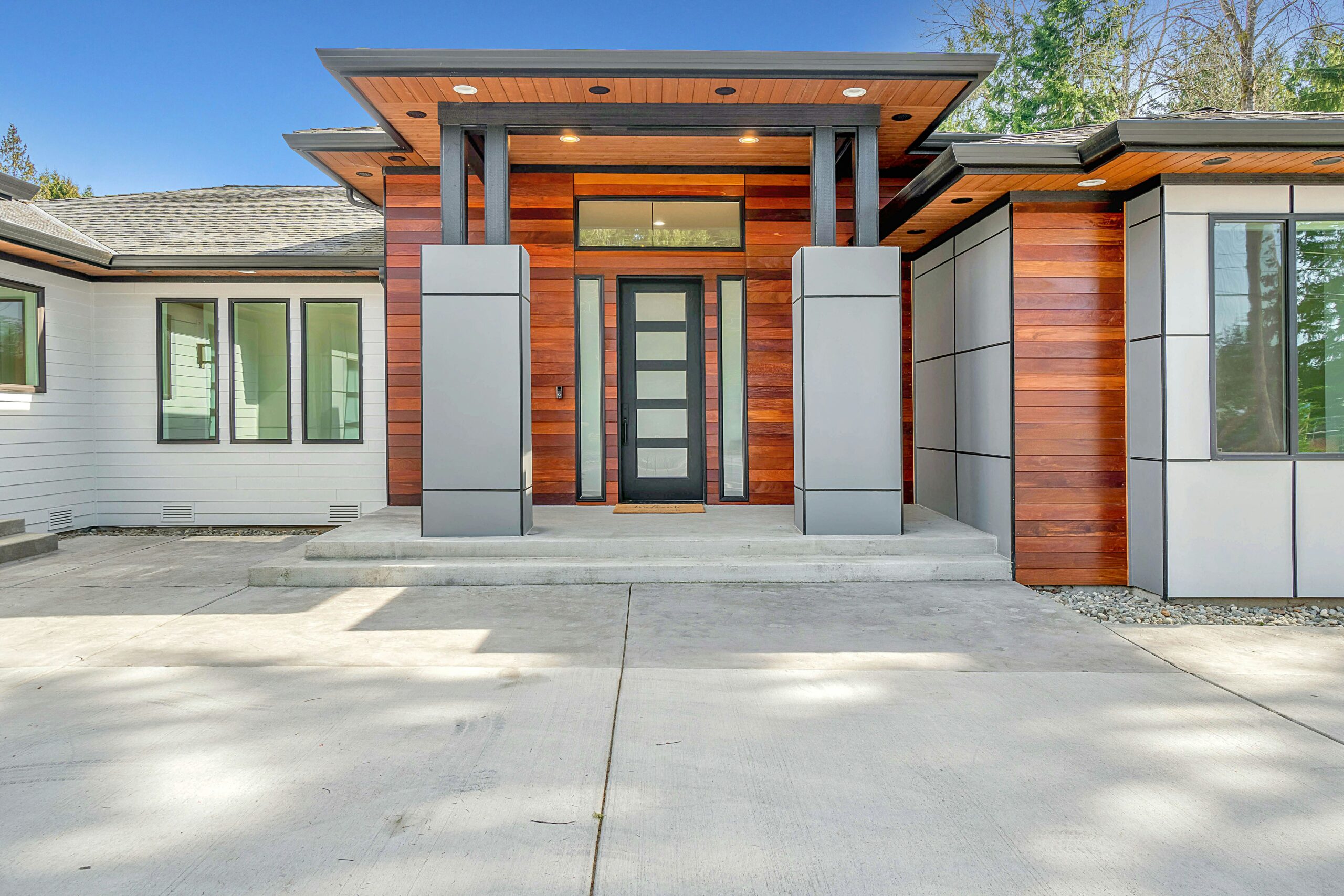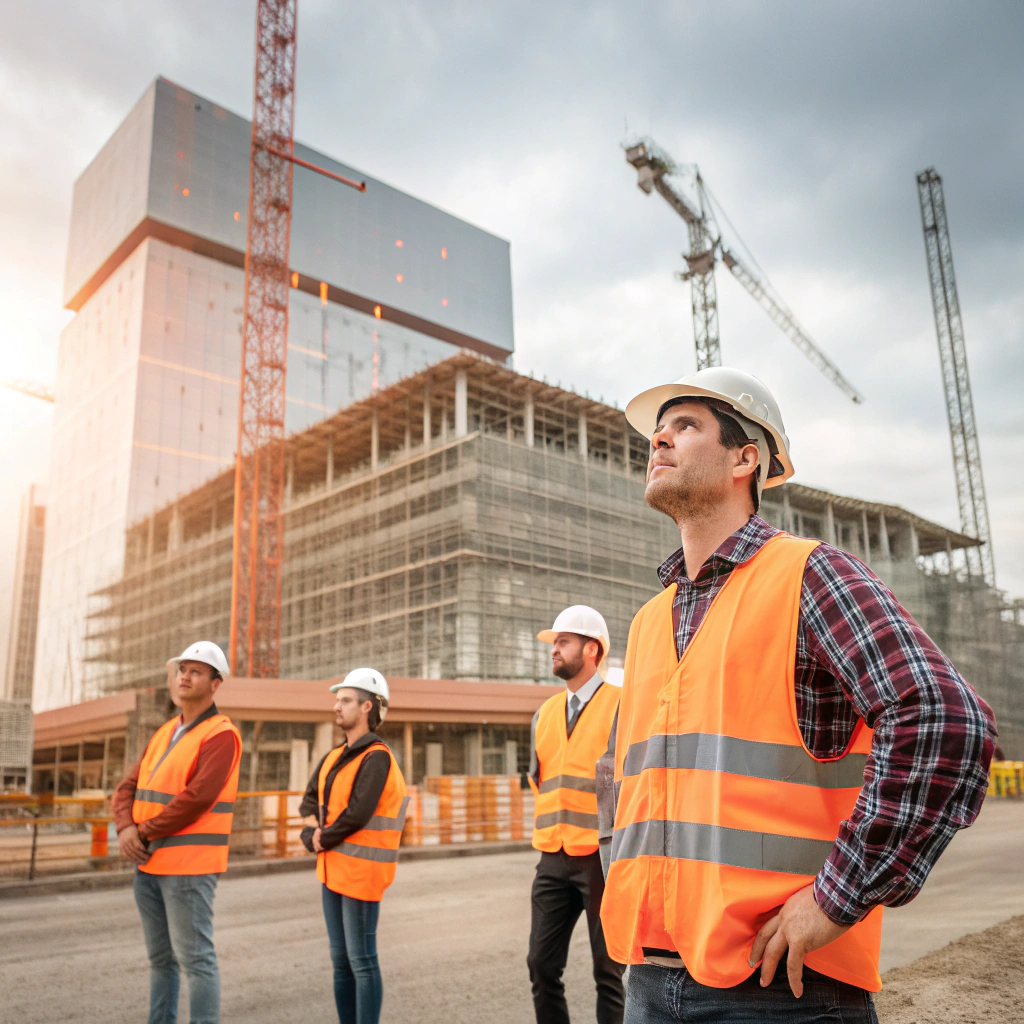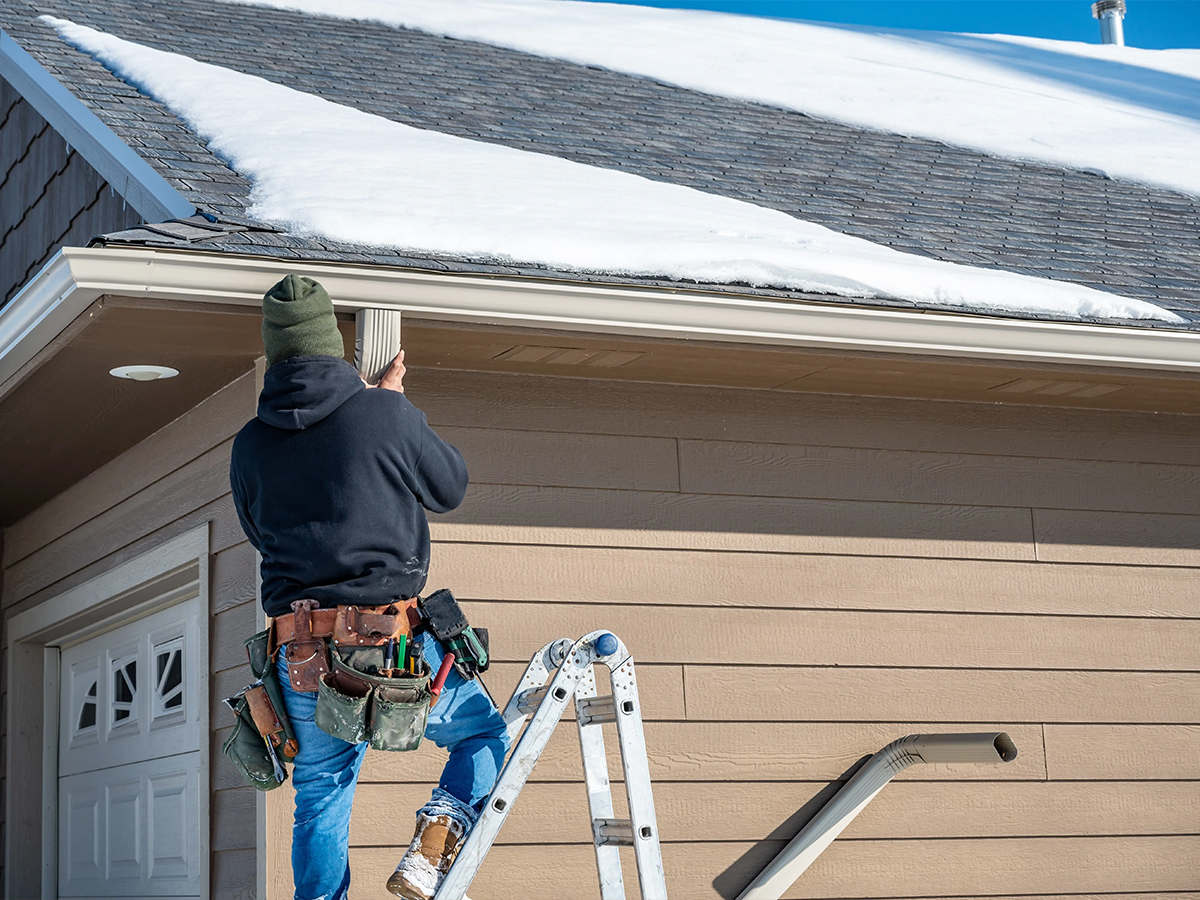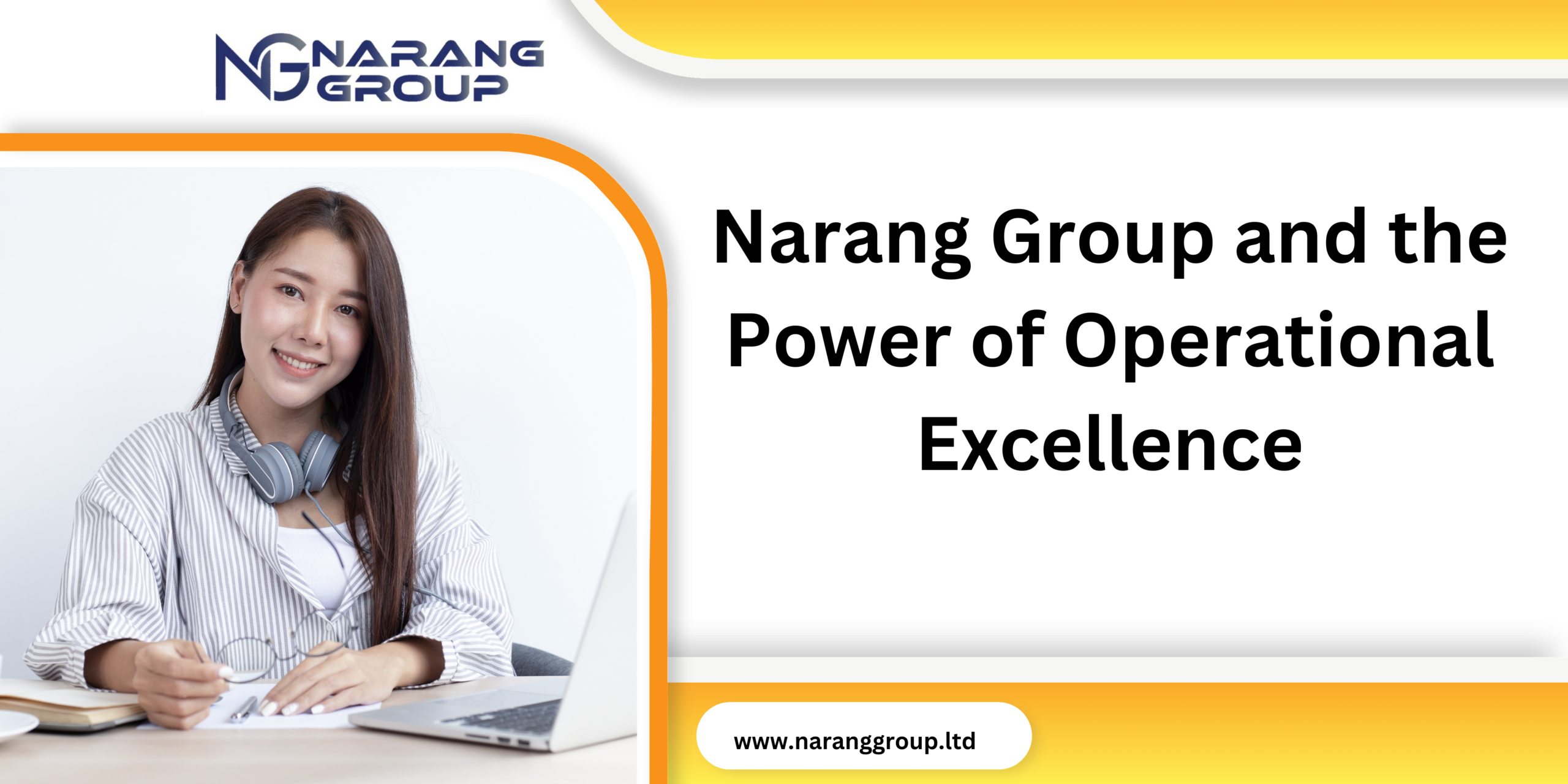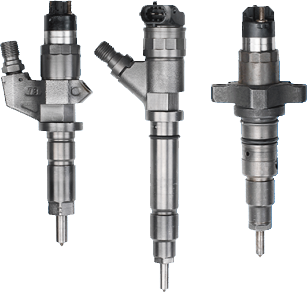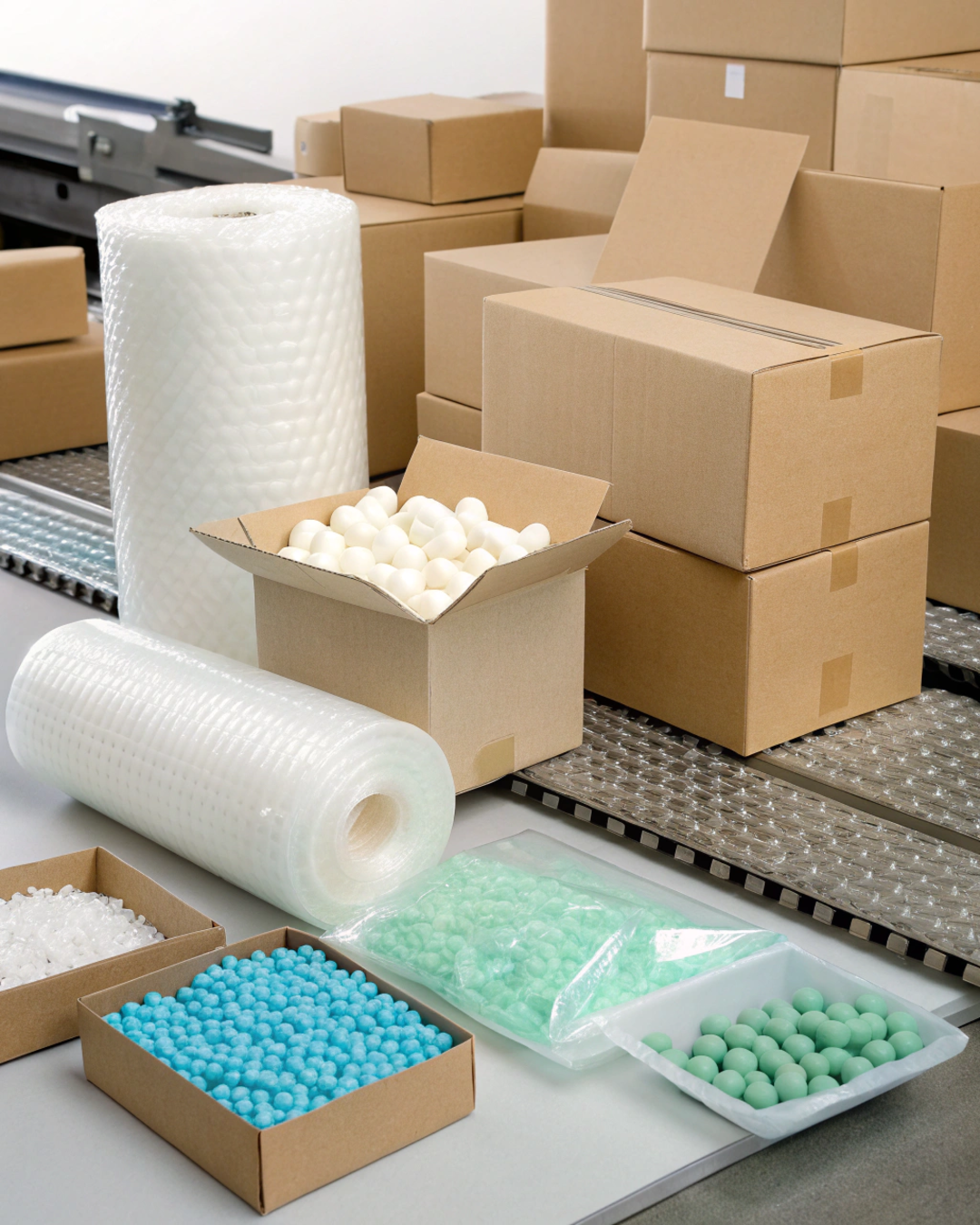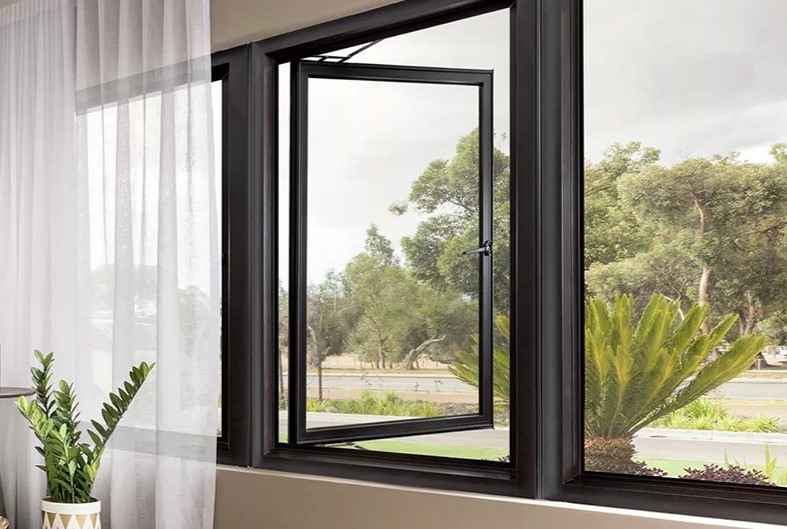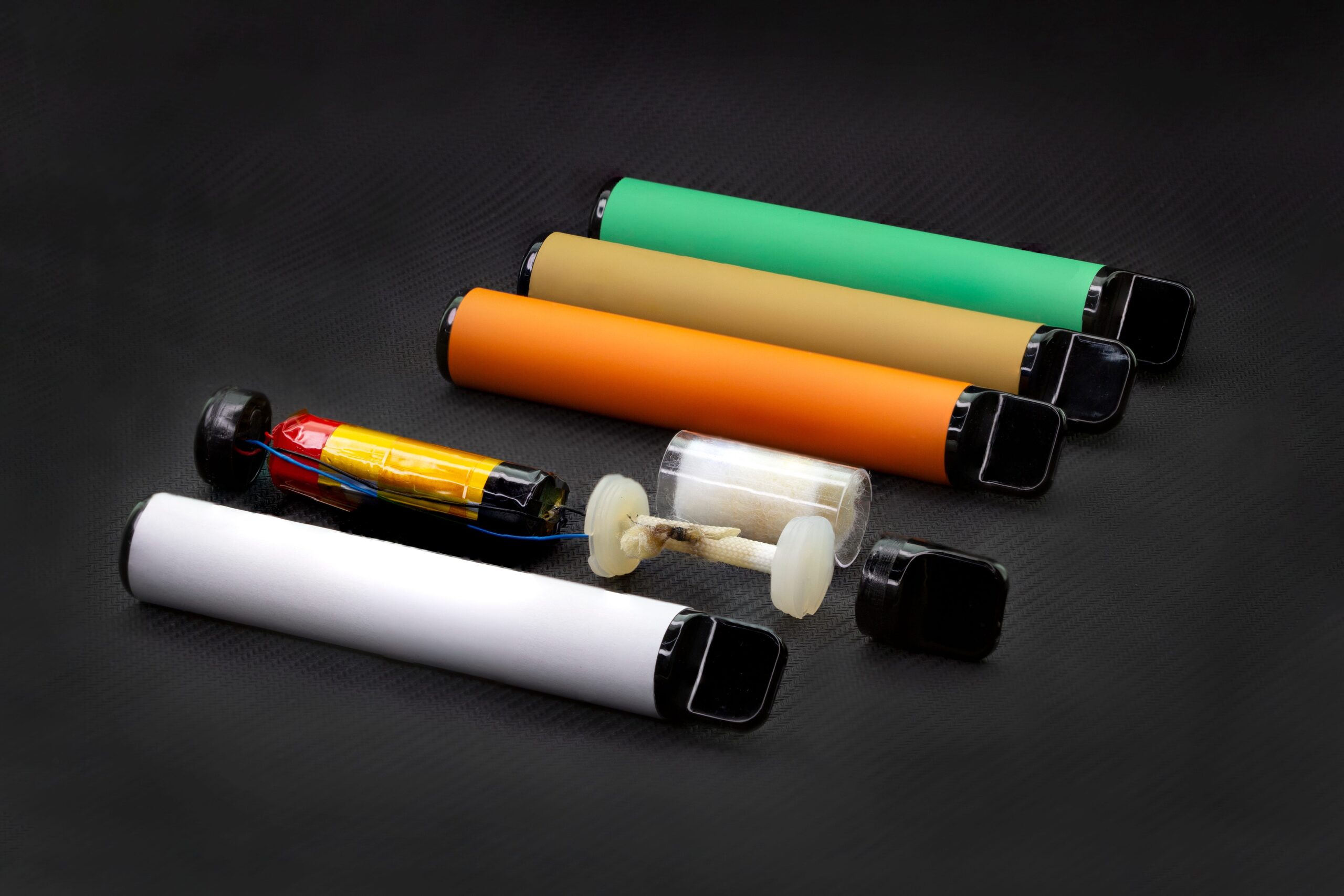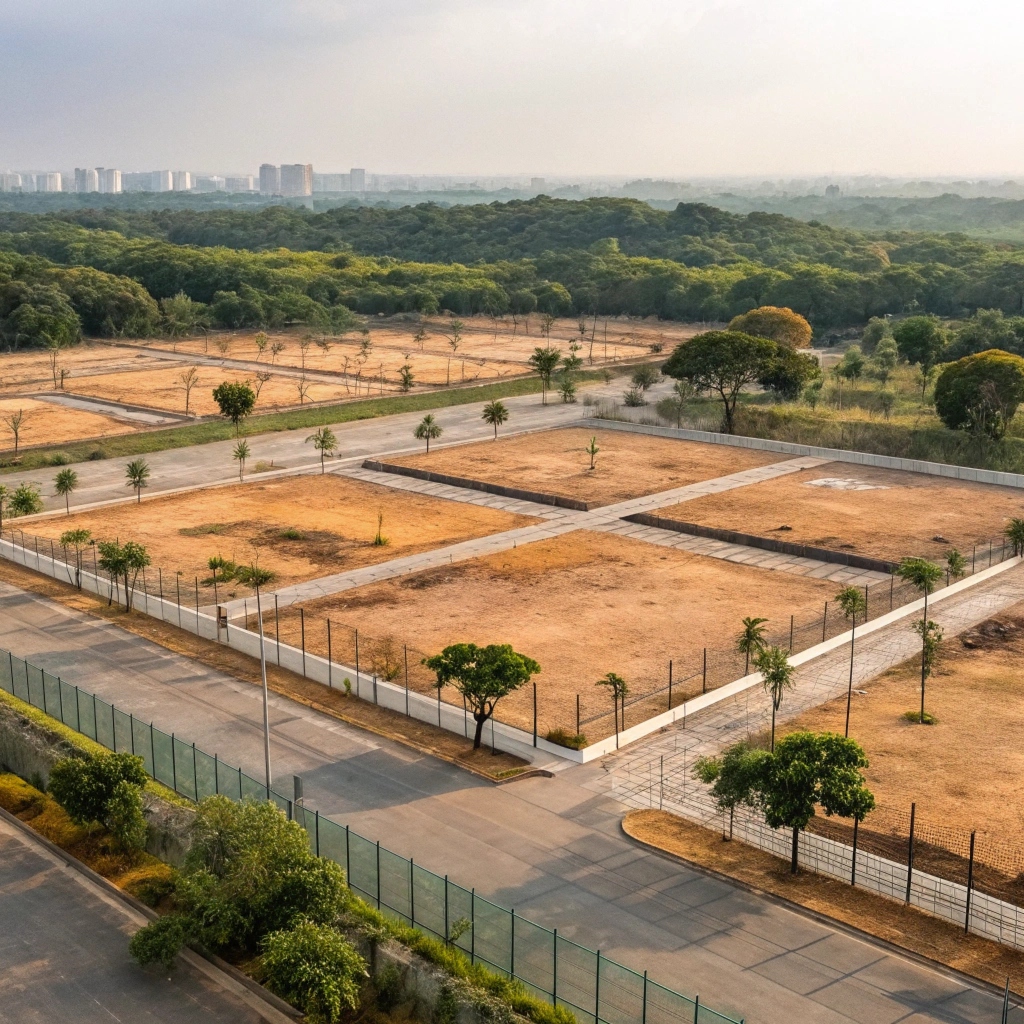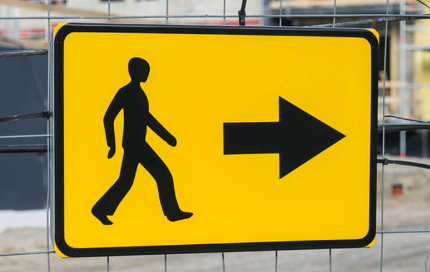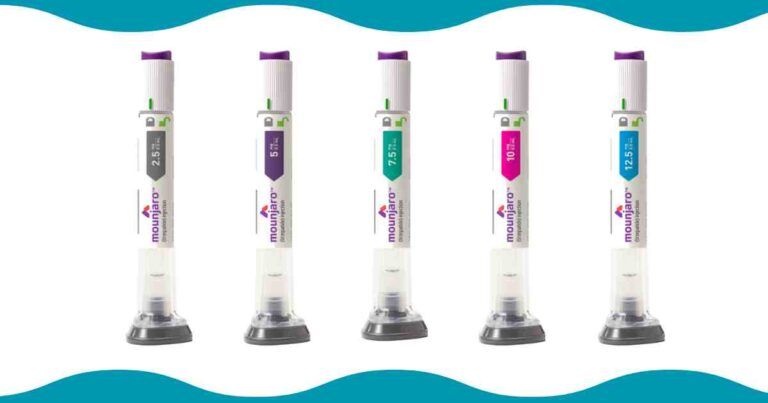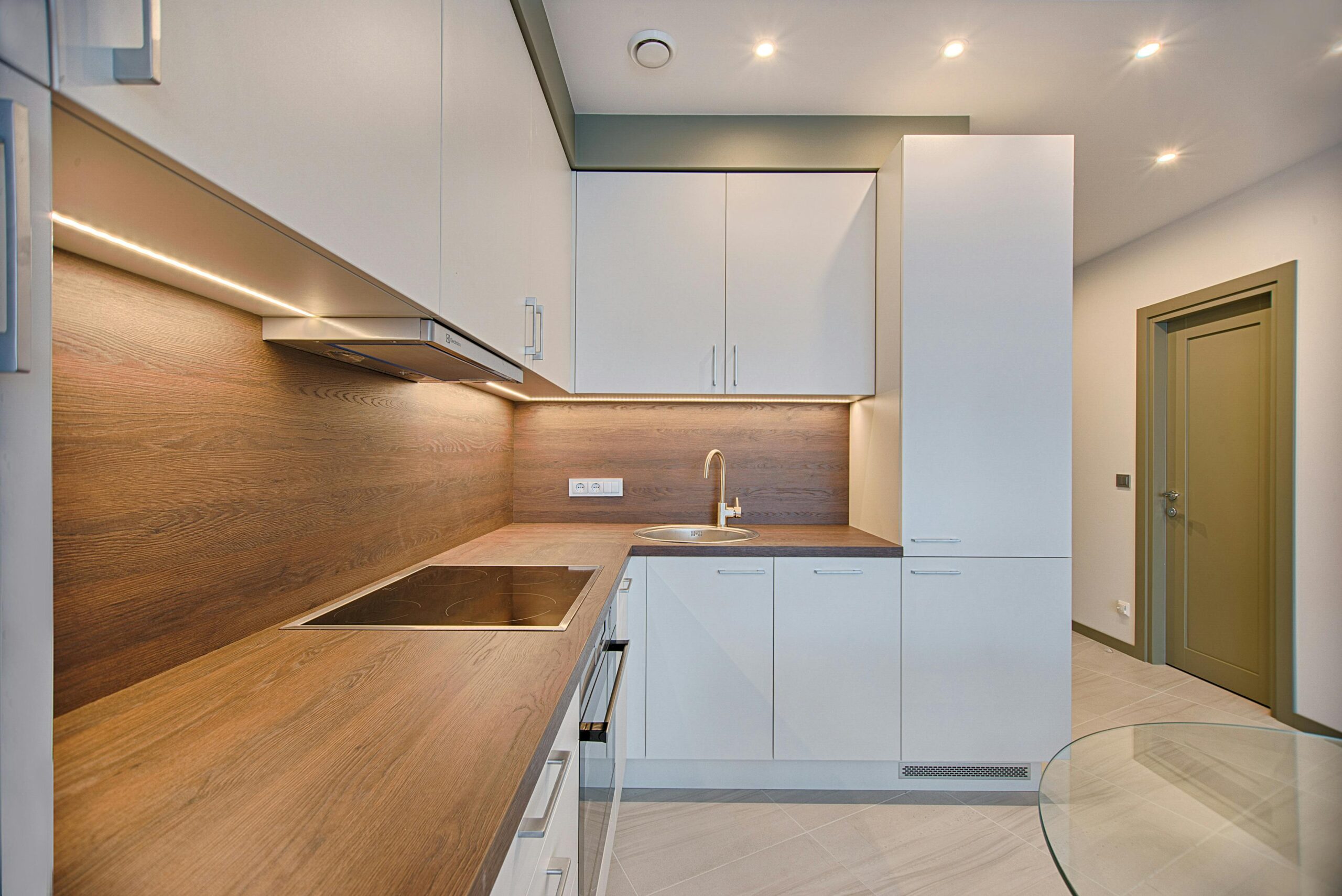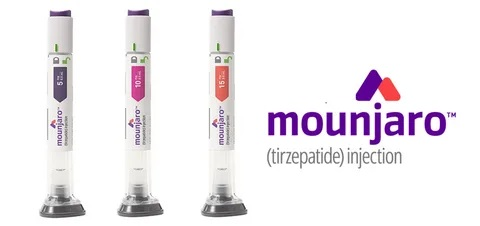Transforming Dubai’s Infrastructure: An Overview
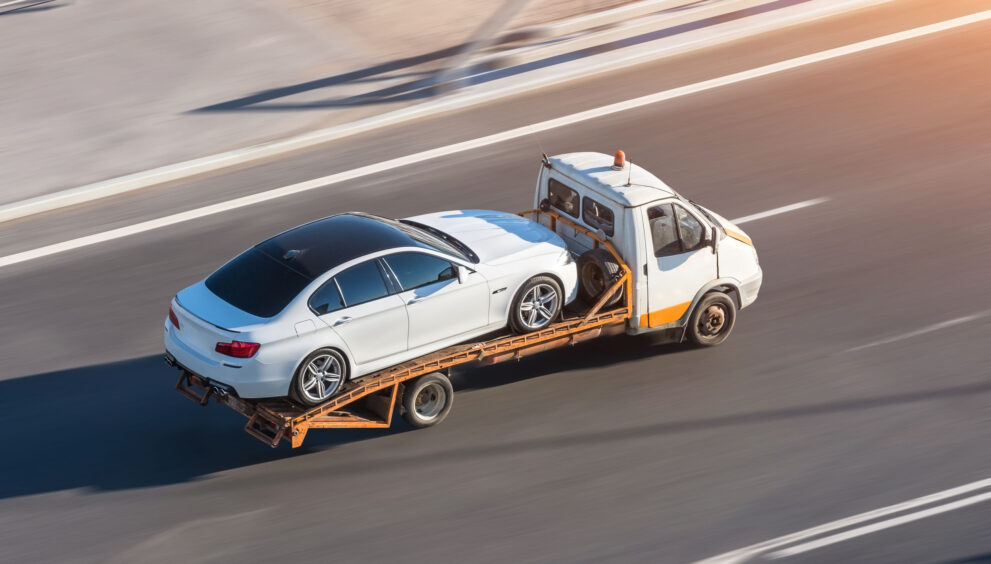
Dubai’s rapid growth and transformation over the past few decades have been nothing short of remarkable. At the heart of this development lie the robust construction projects that not only connect cities and regions but also fuel the economy, promote tourism, and enhance the quality of life. Two critical areas that underscore this progress are road construction and pipeline construction. Road construction companies in Dubai have played an essential role in creating world-class infrastructure that meets the needs of a growing metropolis, while pipeline construction projects have been integral in ensuring efficient, safe, and sustainable transport of essential resources.
This blog delves into the evolution, best practices, and future prospects of these sectors, highlighting how they intertwine to support Dubai’s ongoing development. Below, we explore three major areas, each with three focal points that detail the innovations, challenges, and strategies driving Dubai’s infrastructure forward.
Pioneering Road Construction in Dubai
Dubai’s road network has evolved into a symbol of modern engineering and strategic planning. This section examines the multifaceted aspects of road construction in the region, with a focus on advanced technology, economic impact, and sustainable practices.
1. Advanced Technology and Modern Techniques
- Integration of Cutting-Edge Engineering Methods:
Dubai’s road construction projects incorporate state-of-the-art engineering practices. The utilization of computer-aided design (CAD), Building Information Modeling (BIM), and innovative machinery has streamlined the planning and execution phases. These technologies facilitate precise measurements, efficient resource management, and the ability to simulate various construction scenarios, ensuring that projects meet stringent quality standards. As a result, road construction companies in Dubai can deliver projects faster while minimizing errors and waste. - Smart Infrastructure and Digital Innovations:
The push towards smart city initiatives has spurred the integration of digital technologies into road infrastructure. Traffic monitoring systems, automated toll collection, and sensor-based maintenance protocols exemplify how technology is used to improve road safety and efficiency. The digitalization of construction processes—from the initial survey to the final inspection—ensures real-time tracking of project progress, enabling proactive management of challenges and dynamic adjustments to meet deadlines. - Sustainable Materials and Eco-Friendly Solutions:
Emphasizing environmental responsibility, modern road construction in Dubai increasingly focuses on using sustainable materials. Innovations such as recycled asphalt, green concrete, and energy-efficient lighting are becoming standard practices. These eco-friendly solutions not only reduce the carbon footprint but also contribute to long-term cost savings. Embracing sustainability is a testament to the commitment of road construction companies in Dubai to future-proof infrastructure while preserving the natural environment.
2. Economic Impact and Urban Connectivity
- Catalyst for Economic Growth:
The construction of a robust road network is a key driver of economic development in Dubai. Efficient roads reduce travel time and transportation costs, thus enhancing trade and business operations across the region. Improved connectivity has attracted multinational corporations and facilitated the growth of the logistics and tourism sectors. The infrastructure created by road construction companies has provided the backbone for a thriving economy that is both diverse and resilient. - Enhancement of Urban Mobility:
Urban connectivity is critical in a bustling city like Dubai, where the rapid movement of people and goods is essential. Well-planned road systems alleviate traffic congestion and ensure seamless connectivity between residential, commercial, and industrial areas. With dedicated lanes for public transport and smart traffic management systems, the city’s road networks are designed to optimize mobility, reduce travel delays, and enhance the overall quality of life for residents and visitors alike. - Boosting Real Estate and Commercial Development:
An extensive and well-maintained road network significantly influences real estate dynamics and commercial investment. Areas with reliable road infrastructure tend to attract higher property values and investment interest. The presence of efficient roads fosters the development of business districts, residential communities, and recreational areas. This interplay between infrastructure and real estate has transformed Dubai into a global hub where innovation and opportunity converge.
Excellence and Innovation in Road Construction Companies
The competitive landscape in Dubai’s construction sector has fostered an environment where innovation and excellence are paramount. In this section, we explore the unique attributes of road construction companies in Dubai, their strategic approaches, and their influence on the region’s infrastructure landscape.
1. Embracing Innovation in Construction Practices
- Adoption of Next-Generation Technologies:
The competitive nature of Dubai’s market has driven road construction companies to continually adopt next-generation technologies. This includes the use of drones for aerial surveys, robotics for precision tasks, and IoT devices to monitor construction site conditions. These technological advancements have revolutionized the way projects are planned, executed, and maintained, leading to higher quality results and reduced project durations. - Research and Development Initiatives:
Continuous investment in research and development (R&D) has become a hallmark of successful construction companies in Dubai. These initiatives focus on developing innovative construction materials, optimizing design methodologies, and exploring new construction techniques that enhance durability and safety. Collaboration with academic institutions and research centers ensures that these companies remain at the forefront of industry trends, driving both incremental and breakthrough improvements. - Integration of Smart Construction Methods:
Smart construction is a transformative approach that utilizes real-time data, automation, and advanced analytics to optimize the construction process. By integrating smart methods into their workflows, companies are able to predict potential issues before they occur, streamline logistics, and enhance overall efficiency. This proactive approach not only improves project outcomes but also significantly reduces costs and resource wastage.
2. Strategic Project Management and Quality Assurance
- Comprehensive Planning and Coordination:
Successful road construction projects require meticulous planning and coordination. Road construction companies in Dubai employ detailed project plans that include feasibility studies, risk assessments, and contingency measures. The adoption of integrated project management tools enables seamless collaboration among diverse teams, ensuring that each phase of the project is executed with precision and accountability. This systematic approach minimizes delays and optimizes the use of time and resources. - Quality Control and Regulatory Compliance:
Maintaining high quality standards is a critical aspect of road construction. Companies follow stringent regulatory guidelines and implement rigorous quality control protocols throughout the construction process. Regular inspections, continuous monitoring, and adherence to international best practices ensure that every aspect of the construction meets or exceeds safety and quality benchmarks. This focus on quality not only guarantees the durability of the roads but also enhances public trust and satisfaction. - Risk Management and Mitigation Strategies:
The complexity of large-scale infrastructure projects inherently involves various risks, ranging from environmental challenges to logistical obstacles. To navigate these challenges, road construction companies in Dubai implement comprehensive risk management strategies. This includes the identification and analysis of potential risks, the development of mitigation plans, and continuous monitoring throughout the project lifecycle. By proactively addressing risks, companies can prevent costly delays and ensure smooth project delivery, thereby safeguarding investments and maintaining operational excellence.
Pipeline Construction in Dubai: Connecting Resources for a Sustainable Future
Pipeline construction is a critical component of Dubai’s infrastructure landscape, essential for transporting water, oil, and gas safely and efficiently. This section highlights the unique challenges and technological advancements in pipeline construction, along with its broader implications for sustainable development.
1. Technological Advances in Pipeline Construction
- Innovative Materials and Construction Techniques:
The evolution of pipeline construction in Dubai is marked by the adoption of advanced materials and construction methodologies. High-strength alloys, corrosion-resistant coatings, and composite materials ensure that pipelines withstand harsh environmental conditions while maintaining structural integrity. Modern construction techniques, such as horizontal directional drilling (HDD) and trenchless technology, minimize surface disruption and environmental impact. These innovations not only enhance the safety and longevity of pipeline infrastructure but also significantly reduce construction time and operational costs. - Automation and Remote Monitoring:
Integrating automation into pipeline construction has revolutionized the way projects are executed and maintained. Remote monitoring systems and smart sensors provide real-time data on pipeline conditions, allowing for proactive maintenance and rapid response to potential issues. Automation in welding, pipe laying, and inspection processes has improved precision and efficiency, reducing the risk of human error. This technological integration ensures that pipelines operate reliably, even under challenging conditions, and reinforces the commitment to high-quality construction standards. - Advanced Data Analytics and Predictive Maintenance:
The use of data analytics in pipeline construction has enabled companies to shift from reactive to predictive maintenance models. By analyzing historical data, current operational parameters, and environmental factors, companies can predict potential failures and plan timely interventions. This approach minimizes downtime, prevents costly repairs, and extends the lifespan of the infrastructure. The integration of predictive analytics into daily operations exemplifies how digital transformation is enhancing the reliability and efficiency of pipeline construction in Dubai.
2. Environmental Considerations and Safety Protocols
- Commitment to Environmental Sustainability:
Pipeline construction projects in Dubai are increasingly guided by robust environmental policies aimed at minimizing ecological impact. From site selection and route planning to construction and maintenance, every phase of the pipeline project is executed with environmental stewardship in mind. Techniques such as trenchless installation and the use of environmentally benign materials reduce soil disruption, protect local ecosystems, and lower greenhouse gas emissions. This commitment is aligned with Dubai’s broader sustainability goals, ensuring that infrastructure development goes hand in hand with environmental preservation. - Comprehensive Safety and Risk Management:
Given the critical role pipelines play in transporting essential resources, safety is of utmost importance. Strict safety protocols and continuous monitoring are implemented at every stage of pipeline construction and operation. Advanced leak detection systems, regular safety drills, and rigorous compliance with international safety standards help mitigate risks and ensure the secure operation of pipelines. By prioritizing safety and risk management, pipeline construction projects not only protect valuable assets but also safeguard the community and the environment from potential hazards. - Regulatory Compliance and Best Practices:
Adhering to stringent regulatory frameworks is a non-negotiable aspect of pipeline construction in Dubai. Companies work closely with regulatory authorities to ensure that all construction practices meet or exceed local and international standards. Regular audits, detailed documentation, and transparent reporting are integral to maintaining compliance. This adherence to best practices reinforces the reliability and integrity of the pipeline infrastructure, building trust among stakeholders and ensuring long-term operational success.
Conclusion
Dubai’s infrastructure landscape is a testament to the city’s commitment to excellence, innovation, and sustainable development. The synergy between road construction and pipeline construction projects has not only transformed urban connectivity but also set new standards in construction quality, environmental stewardship, and technological integration.
Road construction companies in Dubai exemplify a forward-thinking approach that blends advanced engineering methods, smart infrastructure solutions, and rigorous project management. Their focus on sustainability and safety ensures that the rapidly expanding urban network is robust, efficient, and future-proof. Meanwhile, pipeline construction projects continue to evolve by embracing cutting-edge technologies and innovative materials, addressing the critical need for safe and efficient resource transportation in a dynamic economic environment.


 English
English 





